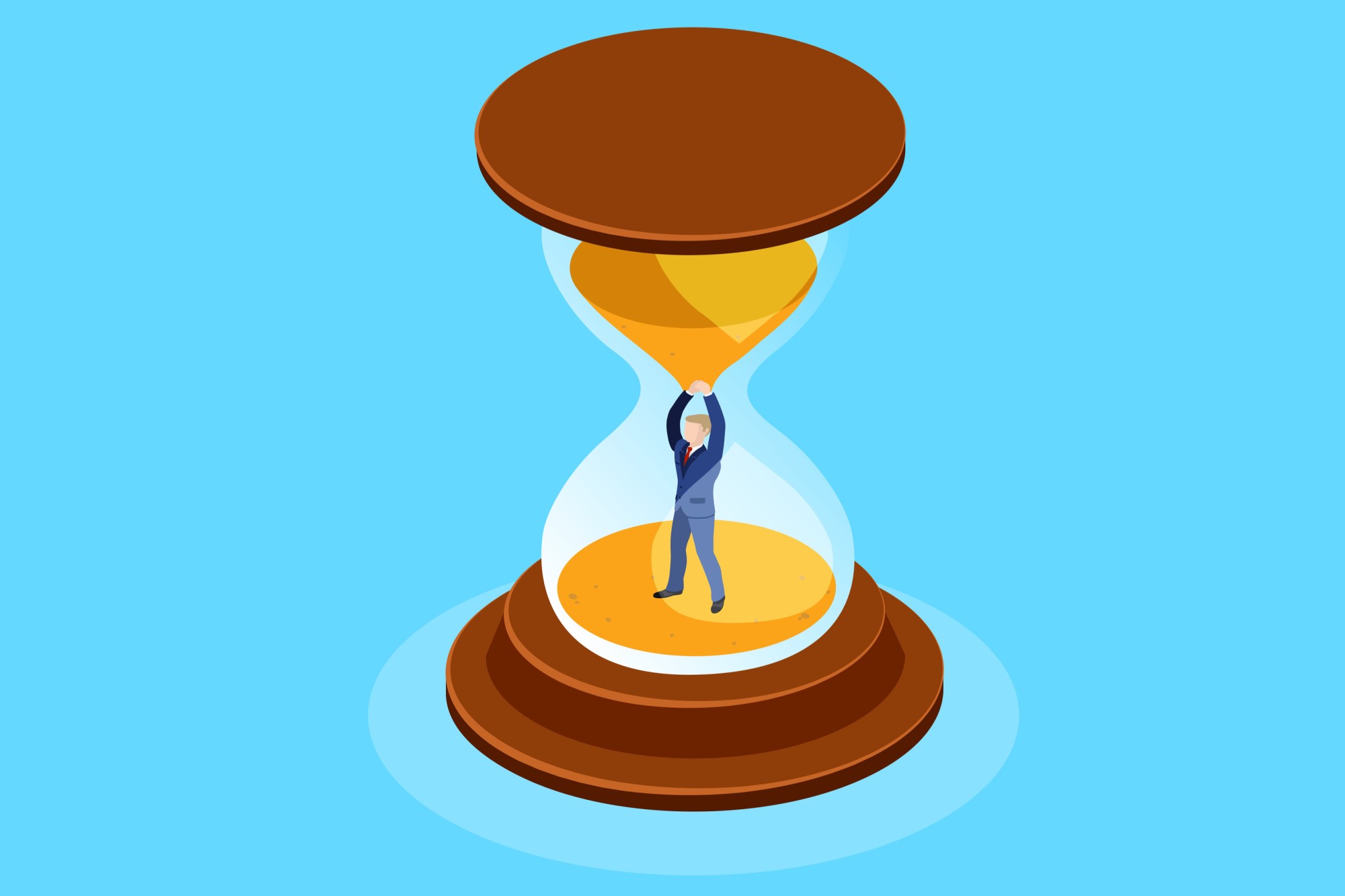Trans Panic and the Philosophy of Fear

As a trans person living in the U.S. right now, how can you both stay apprised of dangers to your health and political rights and not become paralyzed by the overwhelming quantity of anti-trans legislation and sentiment? When is the fear that you feel appropriate? When does it become something that is more hurtful than helpful?
These are difficult questions, because the dangers to trans people are very real, whether that be a lack of affordable access to gender-affirming medical care, an inability to get contraceptives or access to abortion, or an overturning of other rights using the reasoning given in Dobbs that they are not “deeply rooted in our history or traditions.”
There are two traps that it is easy to fall into, either ignoring these threats and failing to do anything to prevent them or becoming obsessed with anti-trans news at the expense of your health.
These responses are understandable given the near constant onslaught of anti-trans legislation and rhetoric, but they may not be the most helpful.
In what follows, I do not intend to identify one perfect way to react in the face of oppression. Instead, I’d like to make several distinctions between different kinds of fear so that we can collectively be more reflective about the emotions we are feeling in this time and have more options in choosing how to respond to them.
First, who are you feeling fear for? Is it just for yourself? Do you only care about things that threaten you? Is it just for you and members of your community? Do you only care about the dangers that face your friends or people who are a part of the same group? Or do you feel fear for yourself and others when they are threatened, whether they are in your group or not?
It makes sense that we would be more fearful for ourselves and for those close to us, but there is a danger in failing to recognize the dangers that are present to other marginalized communities.
Just as Myisha Cherry argues that rage is more productive when it is felt in response to an injustice, it seems that fear is more appropriate when it is felt in solidarity with others.
If, as a white, abled, trans person, you only feel fear in response to threats to trans people and not to people of color or people with disabilities, something has gone wrong.
The purpose of fear seems to be to remind us to attend to certain dangers or risks, so that we can prevent those things from happening. Unlike anger, which is backward-looking and responds to past injustice, fear is forward-looking and responds to potential injustice. If we just attend to what could happen to us, we will miss the perils that threaten others and fail to counteract them before it is too late.
Second, is the fear that you feel constant and unchanging? Or is it responsive to features of the situation? For example, do your fears start to resolve if anti-trans legislation slows down and trans rights are being secured? Or do you remain stuck in high alert even after the danger has passed?
One of the difficulties of the experience of sustained danger to one’s safety is that it often leads to complex trauma that makes it easy to be hyper-aware of any potential danger but hard to gauge which threats can be ignored.
We can see this now in the responses that many people are having in these later stages of the pandemic, where they might find themselves having a panic attack after being in a small, crowded room, even though the collective dangers to health have shifted dramatically as more people have gained access to the vaccine.
These kinds of trauma reactions are certainly understandable, but a fear that does not respond to the situation can lead to actions that do not actually address the problem at hand. Unresponsive fear can also interfere with being able to feel safe, to enjoy relaxing, or to go out and participate in meaningful social activities. As much as it is important to attend to dangers to trans rights, it is equally, if not more, important to preserve trans joy.
Third, is the fear helping us to act in ways that address the danger? Though fear can prompt action that is targeted and useful, it can also make us paralyzed, more suspicious and paranoid, and less calm and deliberate in our thinking. When we are collectively afraid, we can easily begin to fight among ourselves because emotions are high. This can lead to a cycle in which effective action seems less and less possible, which can further reinforce a collective paralysis.
To avoid this outcome, it seems important to recognize the ways that fear operates and give space to individuals to express those fears, work through them collectively, and ensure that the most pressing danger is being targeted. Likewise, we must remember to be in solidarity with others and the particular threats that are pertinent to them. If we can band together to protect each other from the threats that we face, we will have a better chance of mounting an effective response.
Fear has a bad reputation as a negative emotion that must be overcome or avoided.
See, for instance, Master Yoda’s words that “Fear leads to anger. Anger leads to hate. Hate leads to suffering.” Or the famous Dune quote: “I must not fear. Fear is the mind-killer. Fear is the little death that brings total obliteration.” I am unconvinced, however, that fear is always something to be avoided. Since fear draws our attention to dangers that often need to be attended to, it seems helpful and even good in certain circumstances.
But why not just say that the feeling of fear itself is something bad that needs to be overcome? Perhaps it points us in the right direction at first, but surely the feeling of fear is something to be overcome. There are two things to say in response. First, courage is often taken to involve acting despite fear; without fear, an action doesn’t seem nearly as courageous. So, at the very least, fear can give meaning to certain kinds of actions.
Second, fear can often prompt us to act and take measures to ensure our safety in the future. For example, if I am afraid of leaving the stove on when I go on a trip, I might check it again before I leave to ensure that it is off. Or, if I am afraid that a law will pass, I might organize my friends and family to contact their legislators to prevent it from passing. What needs to be overcome is not necessarily fear, but paralysis.
So long as our fear moves us to act in ways that are appropriate and doesn’t get in the way of being able to flourish, it seems straightforwardly helpful. Of course, living under oppression isn’t so easy, and the constant terrorism can interfere with feeling safe and happy. The answer, however, isn’t to get rid of fear; it’s to contextualize it.




